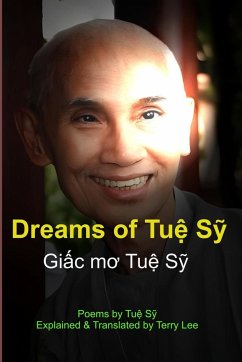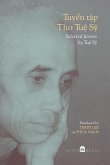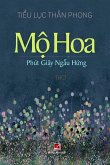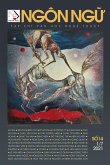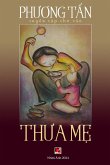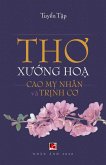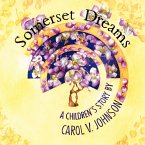This bilingual book includes most of the late Venerable Tue Sy's poems, with explanations and English translations by Terry Lee. Tue Sy was a Buddhist monk who was sentenced to death by the Vietnamese Communist government, then reduced to 20 years under international pressures, due to his non-violent support of his Church. After 14 years 4 months and 20 days, they persuaded him to sign a plea for pardon, but he bravely announced that they had no rights to judge him, therefore, no rights to pardon him. They were obliged to release him after his 10-day total hunger strike. His poetry does not contain hatred, only compassion, love and Zen concepts. It is interesting to note that he did not use the Zen language in his poems. Instead, he used the language of the lovers, an insect, or a mustard seed, as in the following examples: 1) Carrying a dream in my heart, I wander, wondering, Where can I find the moon to pick it down for you? 2) The cicadas' melody bounces back, rippling on cue notes, The tears of their summer mourning are drying up the ocean. 3) A thousand years ago, I went up those mountains, A thousand years later, I went down these stairs. The mustard seed's eyes are wide opened: "Where are your footprints?" He passed away on November 24, 2023. In his will, he left 8 words: "The world has end; my vows are infinite." But he did not state what his vows were. Likewise, more than 2,500 years ago, the Buddha gathered his disciples together for a talk on Dharma. Instead of speaking, however, the Buddha simply held up a lotus flower in front of him without saying a word. Everyone in the assembly was baffled, but one of them, Mahakasyapa, suddenly understood the Buddha's meaning and smiled. The Buddha said, "I possess the true Dharma eye, the marvellous mind of Nirv¿¿a, the true form of the formless, the subtle Dharma gate that does not rest on words or letters but is a special transmission outside of the scriptures. This I entrust to Mahakasyapa". I believe Venerable Tue Sy confided his vows in his literature. In the book ¿r¿m¿l¿dev¿ Si¿han¿da S¿tra that Venerable Tue Sy translated and explained, he cited Mrs. ¿r¿m¿l¿'s 3 great wishes: 1) May I bring peace to innumerable and unlimited living beings. 2) May I explain the True Dharma, for the sake of all living beings without wearying. 3) May I abandon body, life, and wealth to uphold the True Dharma. I read from his poetry that these 3 great vows were also his vows, even though he had not accomplished the first vow. I challenge you to find his vows in his poetry.
Hinweis: Dieser Artikel kann nur an eine deutsche Lieferadresse ausgeliefert werden.
Hinweis: Dieser Artikel kann nur an eine deutsche Lieferadresse ausgeliefert werden.

